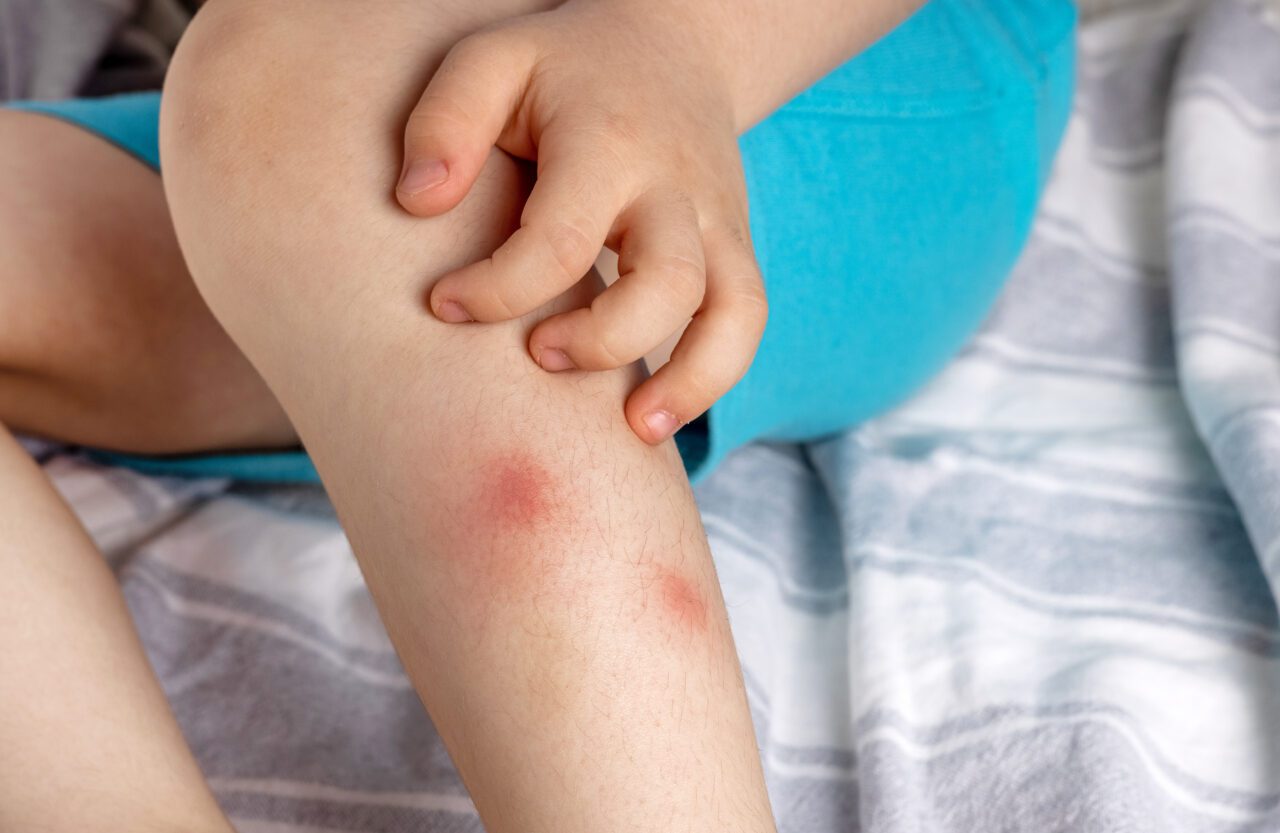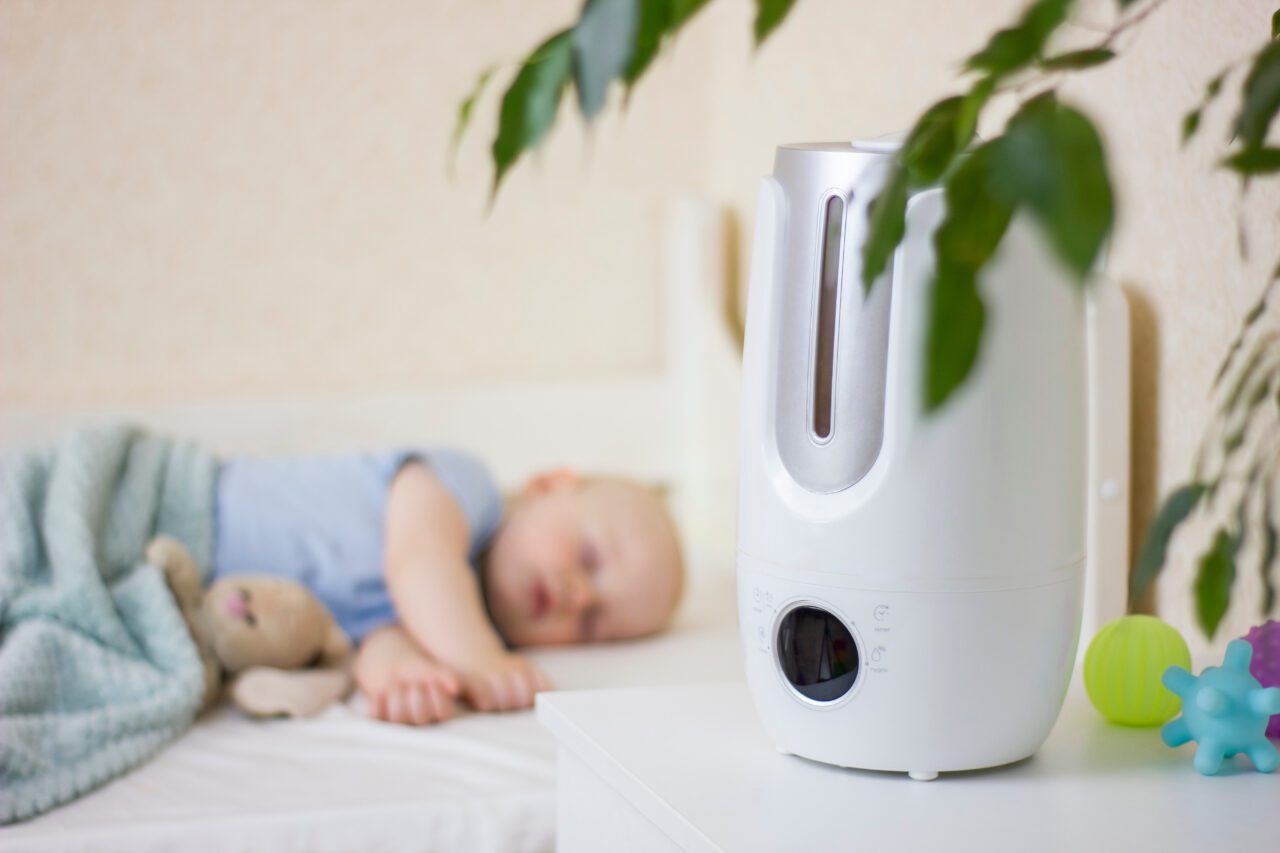Babies are delicate beings, and their skin requires special care and attention. One common skin condition that affects many infants is eczema rash. As a parent or caregiver, it’s essential to understand this condition thoroughly to provide the best possible care for your little one. In this article, we will delve deep into understanding eczema rash in babies, exploring its causes, symptoms, treatment options, and practical tips for managing and preventing flare-ups.
What is Eczema Rash?
Eczema, also known as atopic dermatitis, is a chronic inflammatory skin condition characterized by red, itchy, and dry patches on the skin. When it affects babies, it often appears as a rash on their cheeks, chin, scalp, or other areas of the body. Eczema rash can be uncomfortable and distressing for infants, causing them to itch and experience discomfort.
The Causes of Eczema Rash in Babies
Eczema rash in babies is thought to result from a combination of genetic and environmental factors. While the exact cause is not fully understood, several triggers can exacerbate or contribute to the development of eczema in infants. These triggers include:
Genetics: Family history plays a significant role in the development of eczema. If one or both parents have a history of eczema, asthma, or allergies, the baby is at a higher risk of developing eczema rash.
Environmental factors: Certain environmental factors can trigger or worsen eczema symptoms in babies. These include dry air, harsh soaps or detergents, exposure to allergens such as pet dander or pollen, and contact with irritants like wool or synthetic fabrics.
Immune system dysfunction: Babies with eczema often have an overactive immune system, causing their skin to become hypersensitive and prone to inflammation.
Skin barrier dysfunction: The skin acts as a protective barrier, preventing moisture loss and protecting against external irritants. In babies with eczema, the skin barrier is compromised, making it more susceptible to dryness, irritation, and allergens.

Symptoms of Eczema Rash in Babies
Recognizing the symptoms of eczema rash is crucial for early diagnosis and management. Here are some common signs and symptoms to watch out for:
Red and inflamed patches: Eczema rash typically appears as red, inflamed patches on the baby’s skin. These patches may be dry, scaly, or rough to the touch.
Intense itching: Babies with eczema often experience intense itching, leading to scratching. This can further aggravate the condition and increase the risk of infection.
Crusting and oozing: In severe cases, eczema rash may develop crusts or small blisters that ooze fluid. This can be a sign of infection and requires immediate medical attention.
Thickened or leathery skin: Over time, chronic eczema can cause the affected skin to become thickened or leathery. This is known as lichenification and can be a long-term complication if not managed properly.
Treatment Options for Eczema Rash in Babies
While there is no cure for eczema, several treatment options can help manage and alleviate symptoms in babies. It’s crucial to work closely with a healthcare professional to determine the best approach for your little one. Here are some common treatment options:
Topical creams and ointments: Mild to moderate eczema rash can often be managed with topical treatments. These may include emollients or moisturizers to keep the skin hydrated, corticosteroid creams to reduce inflammation, or calcineurin inhibitors to control itching and inflammation.
Bathing and moisturizing routines: Establishing a regular bathing and moisturizing routine is essential for managing eczema in babies. Use lukewarm water and mild, fragrance-free cleansers during baths. Afterward, pat the skin dry gently and apply a hypoallergenic moisturizer to lock in moisture.
Avoiding triggers: Identifying and avoiding triggers that worsen eczema symptoms is crucial. Keep a close eye on your baby’s reactions to certain foods, detergents, fabrics, or environmental factors. If a trigger is identified, take necessary steps to eliminate or minimize exposure.
Prescription medications: In severe cases or when other treatments are ineffective, a healthcare professional may prescribe oral medications or stronger topical treatments to manage eczema in babies. These medications may include oral antihistamines to reduce itching or immunomodulators to control inflammation.
Wet wrap therapy: Wet wrap therapy involves applying a layer of moisturizer to the affected areas and then wrapping them in damp bandages or clothing. This technique helps to moisturize the skin and reduce inflammation, providing relief for babies with severe eczema.
Allergy testing: If food allergies are suspected to be triggering eczema flare-ups, an allergist may recommend allergy testing. Identifying and avoiding specific allergens can help manage eczema symptoms more effectively.
Educating caregivers: It’s essential to educate caregivers, such as family members, daycare providers, or babysitters, about eczema and how to care for the baby’s skin. This includes using gentle cleansers, avoiding irritants, and following the prescribed treatment plan.

Creating a soothing environment: Maintaining a cool, comfortable, and humidified environment can help alleviate eczema symptoms. Use a humidifier to add moisture to the air, and dress your baby in soft, breathable fabrics to prevent overheating and sweating.
Avoiding over-bundling: While it’s important to keep your baby warm, over-bundling can lead to excessive sweating and irritation. Dress your baby in light, breathable layers to prevent overheating and minimize the risk of eczema flare-ups.
Monitoring and managing stress: Stress can exacerbate eczema symptoms in babies. As much as possible, create a calm and stress-free environment for your little one. Engage in soothing activities, such as reading or gentle massages, to help relax and alleviate stress.
Remember, it’s essential to consult with a healthcare professional for a proper diagnosis and treatment plan tailored to your baby’s specific needs. They can provide personalized guidance based on the severity of the eczema rash and the baby’s individual circumstances.
FAQs About Eczema Rash in Babies
Can eczema rash in babies be cured?
Eczema is a chronic condition, meaning there is no permanent cure. However, with proper management, most babies with eczema can experience significant improvement and fewer flare-ups as they grow older.
Is eczema contagious?
No, eczema is not contagious. It cannot be spread from one person to another through direct contact.
Can certain foods trigger eczema in babies?
While food allergies can contribute to eczema flare-ups in some cases, it is not a universal trigger for all babies with eczema. Common culprits include cow’s milk, eggs, peanuts, and soy. If you suspect a food allergy, consult with a healthcare professional who may recommend allergy testing or an elimination diet to identify specific triggers.
How can I prevent eczema flare-ups in my baby?
While eczema cannot be completely prevented, there are measures you can take to minimize flare-ups. Keep your baby’s skin moisturized, avoid irritants, maintain a consistent bathing routine, and identify and avoid triggers. Additionally, dress your baby in soft, breathable clothing and maintain a comfortable environment.
Can eczema rash in babies lead to other skin infections?
Yes, babies with eczema are more susceptible to skin infections due to the broken skin barrier and constant scratching. Bacteria, such as Staphylococcus aureus, can enter through the compromised skin, leading to infections. If you notice signs of infection, such as increased redness, swelling, or oozing, seek medical attention promptly.
Will my baby outgrow eczema?
Many babies with eczema do outgrow the condition or experience a significant reduction in symptoms as they get older. However, there is no definitive timeline, and each child is different. It’s important to continue managing and monitoring your baby’s eczema until it naturally improves or resolves.
Conclusion
Understanding eczema rash in babies is crucial for providing effective care and support. By recognizing the causes, symptoms, and treatment options, you can better manage your baby’s eczema and improve their quality of life. Remember to work closely with a healthcare professional, follow a consistent skincare routine, and create a nurturing environment to minimize flare-ups and discomfort. With the right approach, you can help your baby thrive and enjoy healthy, happy skin.




